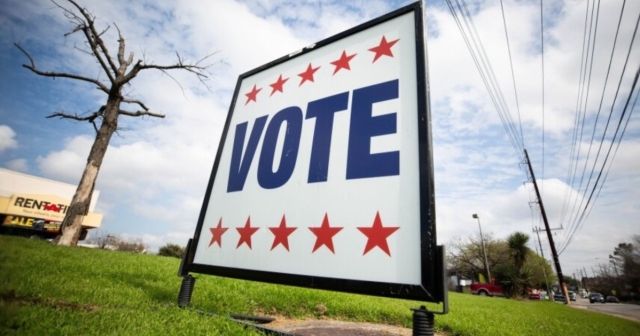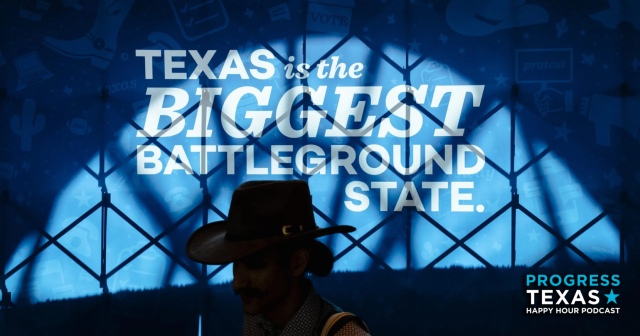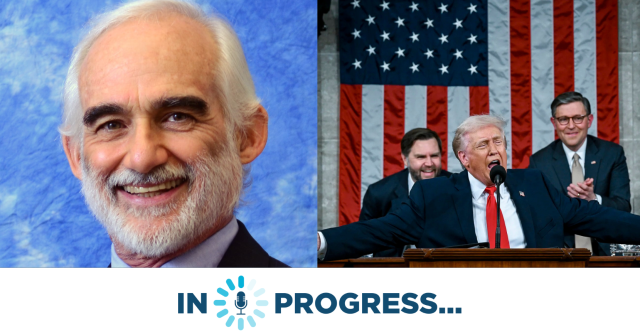Water Conservation in Texas Highlights Woes of Small Government
When there is a shared limited resource and individuals act in their own self-interest in consuming that resource, the resource will eventually be depleted. This situation, the tragedy of the commons, underscores one of the many problems of small government, and it is the exact situation Texas has found itself in with water consumption during the drought of the past two years.
Texas has been exploring new methods of obtaining water as a means of combating this problem. If the supply of water is increased, there is more to go around. Talk of desalination has grown louder during the drought, but environmentalists warn that it is far from a “silver bullet” – the process is energy intensive, as energy use accounts for a majority of operating costs in seawater desalination plants. While desalination has some promising potential results, it is unlikely that private companies will be able to provide most of the funding for it, so government must be the “key player” – another strike against the small government zealot.
The Texas government has also been looking into increasing the reuse of wastewater as a way of supplementing current water supplies – this “reclaimed water” is considered a “drought-proof resource.” Facilities have opened in Austin, El Paso, Big Spring, and College Station and reclaimed water accounts for up to 6 percent of supply in those areas. However, these facilities cost tens of millions of dollars, and environmentalists warn that this method could have undesirable consequences as well, since wastewater acts as a “‘lifeline for our rivers and estuaries’” that provide water for many plants and animals.
This leaves conservation as the most promising method of guaranteeing there is enough water to go around in Texas. While desalination and use of reclaimed water have their environmental concerns, high cost, and propensity to perpetuate the “‘Oh, we’ll just get more [water]’ mentality,” conservation efforts like raising water rates and enacting watering restrictions will curtail water use without these negative effects. The population of Texas is projected to double within the next fifty years, so maintaining current water rates and leaving water use unrestricted would lead to a massive shortage, just like the tragedy of the commons warns.
However, many advocates of small government, especially residents of West Texas, are uncomfortable with the government dictating their water use.
But enacting restrictions can be wrenching, especially in places that pride themselves on small government. Both Midland and Odessa — both of them in the perpetually dry Permian Basin — put in place restrictions for the first time last year, amid the worsening drought. "We don’t respond really well to, ‘Okay, the government says you’ve got to do this, and by God you’re going to do it or we’re going to string you up,’” Midland Mayor Wes Perry said last year, as he explained Midland's initial preference for voluntary restrictions (which did not work).
The last phrase sums it up – small government “did not work.” It’s time Texas moves past its love affair with small government and embraces progressive ideals.
DONATE
Your donation supports our media and helps us keep it free of ads and paywalls.








